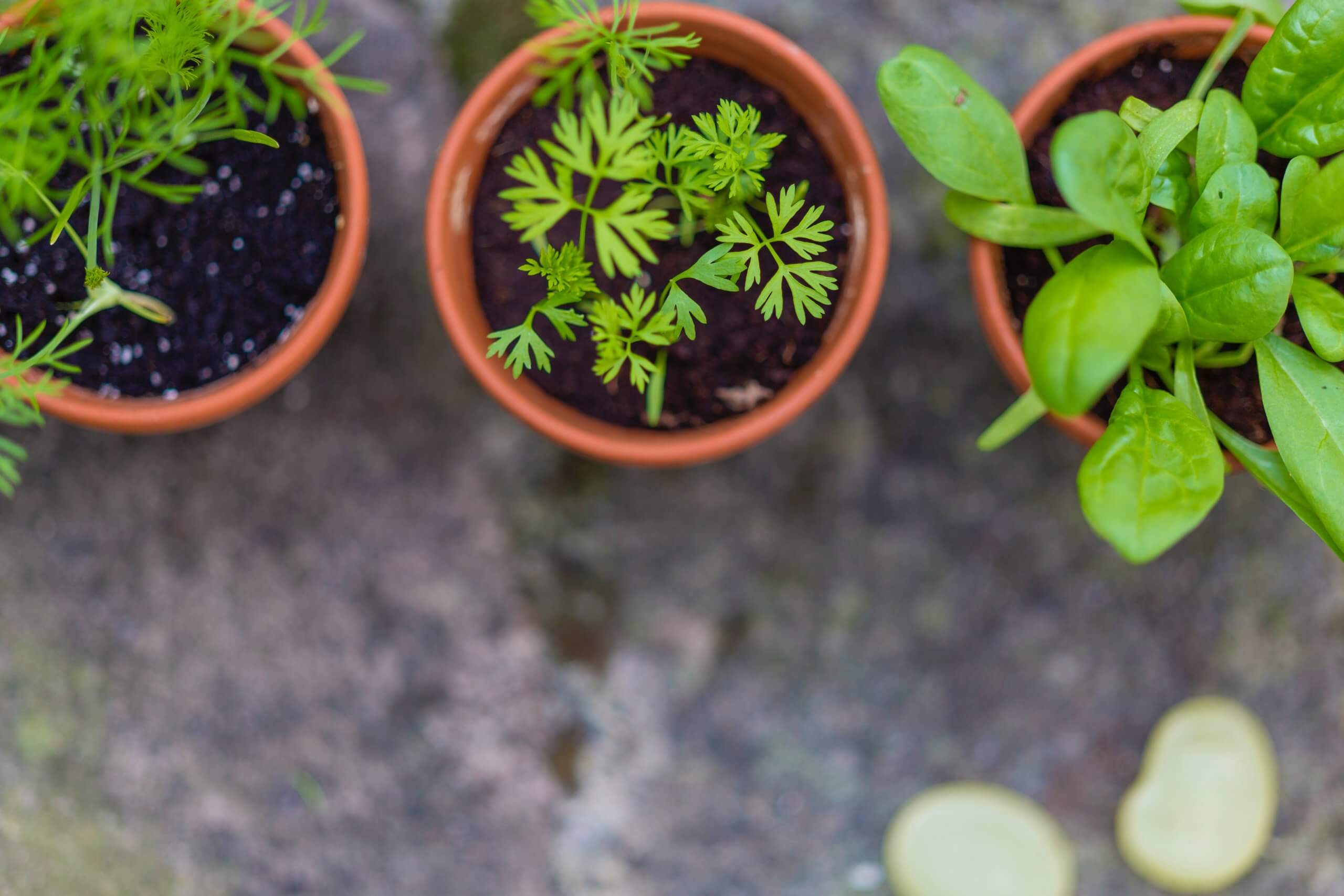Urban farming in Cape Town and South Africa in general is becoming a more viable employment opportunity because of the low barriers to entry and the fact that you don’t need to be a large commercial farmer to carve out a living. And the best part? Individuals can pursue urban farming on a micro-scale purely as a hobby, one which has obvious tangible benefits.
Growing food in cities is hardly a new concept but urban gardening is all the rage right now with environmentally-conscious individuals, community groups, advocates for food justice and environmentalists alike. But why?
Urban farming in South Africa
- What is urban farming?
- An urban farming success story in Mzansi
- A future urban farming superstar in the making?
- Gugulethu Mahlangu: An “Agripreneur” making waves in South Africa
- How does Sol’s support urban farming initiatives?
- Why we love urban farming
What is urban farming exactly?
To put it simply, urban farming is growing or producing food in a city or heavily populated town or municipality.
definition via greensgrow.org
Gone are the days when farming was done exclusively on a massive scale in hard-to-reach rural areas. Anyone with a vision and the desire to start small-scale farming in a city can do so. Right now, in a Cape Town context, small urban farms in Phillippi (an area that covers roughly 34 km²) are being leased out to future entrepreneurs who aim to grow food on the land and earn an income from it.
One of the most attractive “pull-factors” of urban farming is that one doesn’t have to be a corporation or own a large tract of land to get involved. An individual, a couple of like-minded friends, a nonprofit entity or a community group can start and run an urban farm with great success. Perhaps this starts to explain why urban farming is such a buzzword right now.
An urban farming success story in Mzansi
46-year-old Jane Hozheri says that the small urban farming business that she started up with her daughter is making more money than the pair of them were making in their previous jobs.
- A Zimbabwean mother and daughter started a vegetable farm in Mfuleni after losing their business during the Covid-19 lockdown in 2020.
- They farm mostly green leaf vegetables popularly used in Zimbabwean dishes like covo and kale.
- Jane has plans to expand her farm but will need investment and better equipment.
You can check out their story in this wonderful piece on groundup.org.za.

A future urban farming superstar in the making?
11-year-old Rearabilwe Mogale is not an urban farming success story just yet, but there are certainly green shoots indicating that he has a bright future in the industry one day. The passionate youngster from Brits in the North West Province has successfully planted his own veggies including butternut, mielies and beans, and he also makes his own compost from food waste.
Vegetable farming is a financially savvy thing. You teach them to be smart about their money choices. You plant those vegetables, and you don’t have to spend money to go buy them.
Rearabilwe’s mother, Lesego
The fanfare around young Rearabile’s passion for urban gardening is a hugely promising sign. If nothing else, it proves that anybody can rear and enjoy their own veggies at a minuscule fraction of the cost of buying them in a store.
Gugulethu Mahlangu: An “Agripreneur” making waves in South Africa
Gauteng-based Gugulethu Mahlangu says that volunteering for experienced vegetable farmers gave her the confidence to launch her own successful farming career. She’s come an incredibly long way after a challenging start in the industry when she was undermined by her male counterparts in the industry.
“I never allowed the lack of land and resources to stand in my way. I went after what I wanted, compromised, and sacrificed my time, energy and comfort to get where I am today,”
And today’s outlook is promising for Gugulethu, with plans for even more growth on the horizon in 2021, a trajectory which will enable her to have a crop that can be sent to market almost every month of the year.
“I’m also expanding to include green beans, Hubbard squash, mustard spinach and parsley in my crop mix.”
How does Sol’s support urban farming initiatives?
We have a special relationship with Tam Lindeque, who runs a local organic green-grocer delivery service in Cape Town. Nomaste sources high-quality fresh produce from local farms and is always on the lookout for the next Gugulethu Mahlangu. We are huge believers when it comes to local, small-scale, sustainable and ethical farming practices. Getting fresh local produce delivered directly from urban farms to doorsteps is the name of the game.
Tam’s business relationships are based on the provision of local and sustainable fresh produce that is brought directly from farm to table with no excess of harmful packaging or logistical carbon expense.
Why we love urban farming
Sustaining burgeoning micro-farming communities in opposition to large single-crop GMO producers is one of our major drivers. It also brings wealth back to these communities and further encourages an ethically sound farming model, one which empowers local farmers and entrepreneurs and provides a strong incentive for them to get involved in those practices. Tam acquires her stock from urban smallholdings in Phillippi, as well as farms in Durbanville and Tulbagh so local truly is lekker.
It’s clear that urban farming is a beneficial and rewarding practice for everyone involved, whether you’re an individual keen to enjoy the fruits of your labours at home or a budding agripreneur who wants to make a big difference in South Africa.

At the root of it all is the importance of supporting small, locally-owned urban farming businesses at every opportunity.


Hi, I would like to be part of urban farming,I have already got a piece of land and I’m struggling with equipments to cultivate the land.any assistance is welcome.